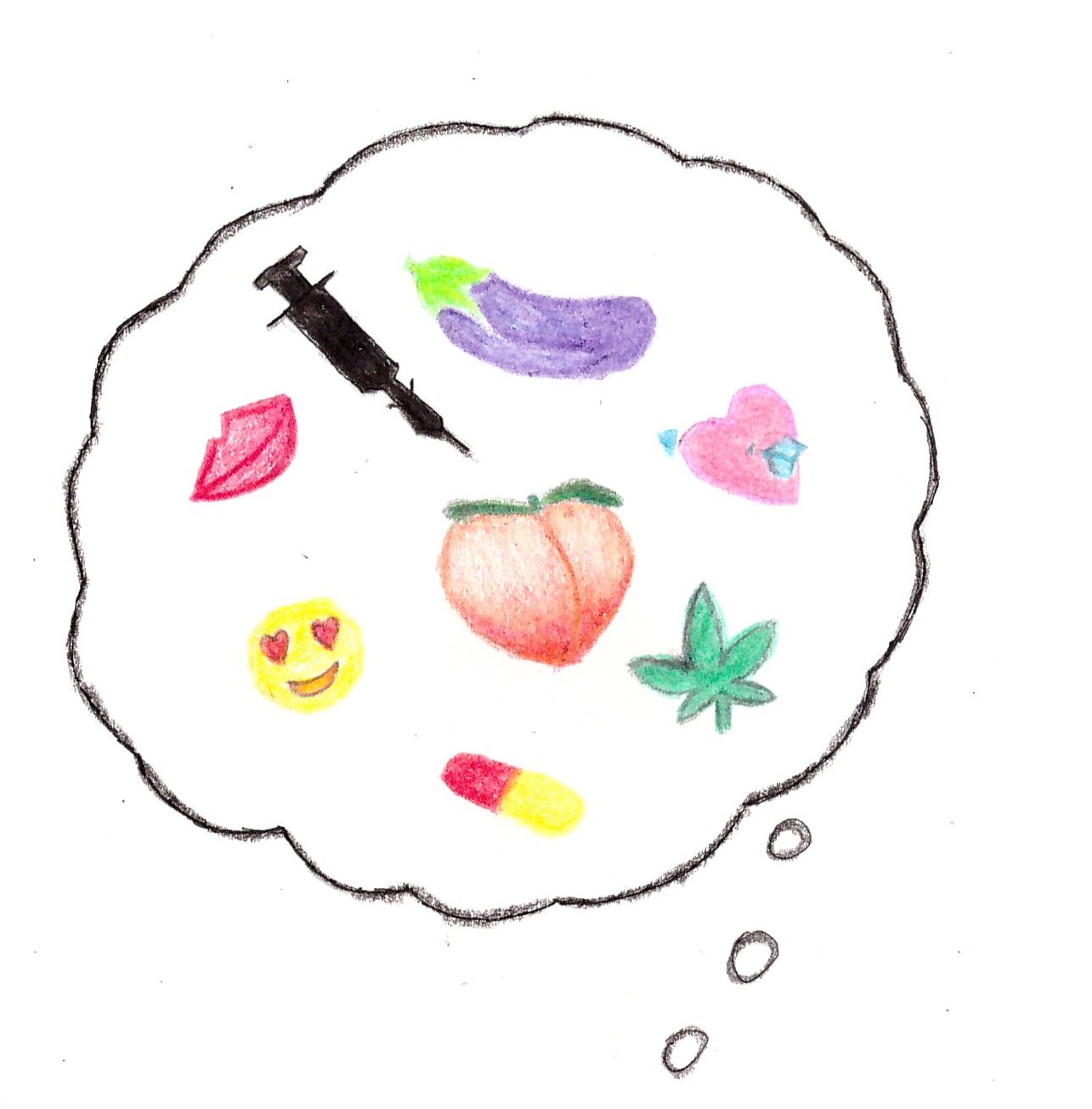Less sex, less drugs and less arrests
Millennials: monotonous or mature?
As the latest batch of young adults, eyes are on millennials to see just how crazy they can get in the prime of their adulthood. Since millennials include most university students and recent graduates, late night parties and reckless behaviour are generally expected. It may come as a surprise in learning that this is indeed not the case. That’s right –we millennials have shocked the world with our monotony and perceived maturity.
In a recent article published in February, the Toronto Star revealed that millennials have turned over a new leaf and are having less sex, doing less drugs, and getting arrested at a lower rate. The co-author of a study denouncing the millennial label of the “hook-up generation,” Ryne Sherman, argues, “compared to GenXers and boomers, millennials have fewer sexual partners and have sex less often.” The New York Times has covered the decade-long downward trend in drug abuse, and a piece in the Washington Post claims, “young adults … are busted twenty three per cent less frequently than prior generations were.” While these trends may be chalked up to increasingly open discussions within school curricula and greater society, threats of pregnancy and lifelong consequences are not, in fact, the leading causes for these declines.
Instead, these statistics are largely attributed to two factors: a millennial love for all things technology and widespread social changes.
With rapid technological developments, young adults are rarely without one device or another. From smartphones to laptops, technology has grown alongside the millennial generation and immersed them in a world of social media and online gaming. As such, much of a millennial’s daily life is conducted around or through a screen. For sex, drugs, and crime, this isn’t a good sign – with more time devoted to perfecting the next Instagram post, a great deal of purely real-world interactions fall to the wayside.
Of course, this isn’t to say that sexual or criminal activities can’t be carried out online. However, millennials have found alternative reinforcement in gaming and smartphones. According to the New York Times, “phones and social media not only serve a primitive need for connection but can also create powerful feedback loops” such that we no longer turn to sex, drugs, or crime for our next adrenaline rush or dopamine high. Perhaps researchers should explore growing addictions to phones and social media more.
But the millennial generation also differs from its predecessors in priorities and stances on equality. With increasing gender equality, women are given more autonomy in deciding their futures. Pursuing their own goals, many women inform Sherman that they’re primarily committed to their careers, allowing relationships and sex to fall to the back burner. At the same time, millennial men are telling the Star that they are “capable of surviving and doing very, very well without anybody.”
Further responsible for these trends is the decrease in racial discrimination relative to older generations. The Washington Post lauds millennials as “the most racially and ethnically diverse generation in U.S. history [who have] a lower arrest rate than the more homogenous generations that preceded them.”
While millennials may not be as exciting in sexual and illicit endeavours, does that automatically make us prudish and boring? On behalf of the millennial generation, I’d like to think not. As the future movers and shakers of the world, a movement away from casual sex, drugs, and crime reveals a maturity and capability that will likely characterize the years ahead.
As long as we don’t marry our phones.
Featured image courtesy of Oreoluwa Adara

